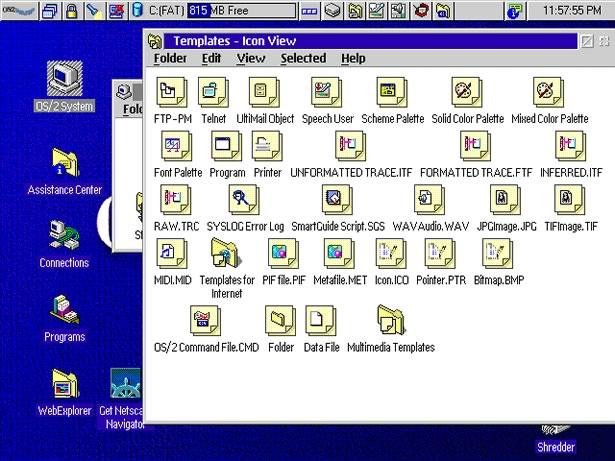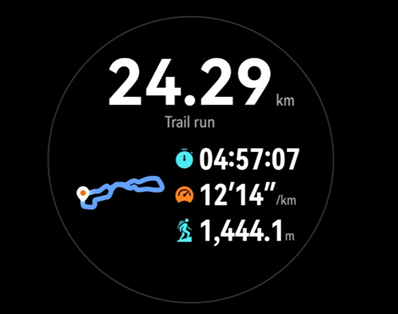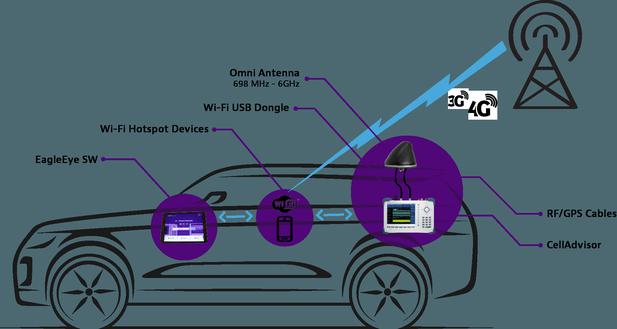Transplantable operating system interface
Introduction
Linux basically progressively implemented POSIX compatible, but does not participate in formal POSIX authentication.
Microsoft's Windows NT claim part implements POSIX standards.
Current POSIX is mainly divided into four parts: Base Definitions, System Interfaces, Shell and Utilities, and Rational.
POSIX 1.1 Standard
1003.0
Managing POSI Open System Environment (OSE). IEEE adopted this standard in 1995. The version of ISO is ISO / IEC 14252: 1996.
1003.1
is widely accepted for portability standards for source code levels. 1003.1 Provides an operating system C language application programming interface (API). IEEE and ISO have passed this standard in 1990, and IEEE revised the standard in 1995.
1003.1b
A standard for real-time programming (previous P1003.4 or POSIX.4). This standard was passed by IEEE in 1993 and was incorporated into ISO / IEC 9945-1.

1003.1c
a standard for threads (code segments currently performed in a program). Previously, it was part of P1993.4 or POSIX.4. This standard has been passed by IEEE in 1995, and is classified into ISO / IEC 9945-1: 1996.
1003.1g
A standard for the protocol independent interface, which allows an application to communicate with another application via the network. In 1996, IEEE passed this standard.
1003.2
A standard for Shell and Tools software, which is the command processor and tool program that must be provided by the operating system. In 1992 IEEE passed this standard. ISO has also passed this standard (ISO / IEC 9945-2: 1993).
1003.2d
Improved 1003.2 standard.
1003.5
A API equivalent to the ADA language of 1003.1. In 1992, IEEE passed this standard. It was revised in 1997. ISO has passed the standard.
1003.5b
A API equivalent to the ADA language of 1003.1b (real-time extension). IEEE and ISO have passed this standard. The standard of ISO is ISO / IEC 14519: 1999.
1003.5c
A API equivalent to the ADA language of 1003.1q (protocol independent interface). In 1998, IEEE passed this standard. ISO has passed this standard.
1003.9
A Fortran language equivalent to 1003.1 is an API. In 1992, IEEE adopted this standard and confirmed again in 1997. ISO has also passed this standard.
1003.10
A standard applied to the Advironment Profile (AEP) of the Additional Computing Application Environmental Framework (AEP). In 1995, IEEE passed this standard.
1003.13
A standard for the application environment framework is primarily for real-time applications using the POSIX interface. In 1998, IEEE passed this standard.
1003.22
A guide to the security framework for POSIX.
1003.23
A guide to user organizations, mainly to guide users to develop and use the open system environment (OSE) framework for supporting operational requirements
2003
For specifying and using the test method of the POSIX standard, a standard for its definition, general demand, and guidelines. In 1997, IEEE passed this standard.
2003.1
This standard specifies some of the conditions to provide for the provider of the POSIX test method of 1003.1. In 1992, IEEE passed this standard.
2003.2
defines the standard for testing the test method that is used to check if the IEEE 1003.2 (Shell and Tools API) is used. In 1996, IEEE passed this standard.
Except for the 1003 and 2003 family, there are several other IEEE standards, such as 1224 and 1228, which also provide an API that develops portable applications.
Latest: Thousand net dangerous
Next: B-24 bomber








